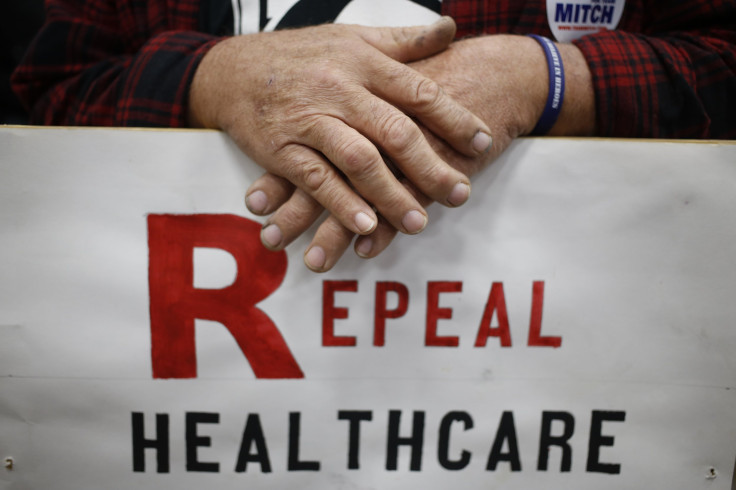Will The Cadillac Tax Be Repealed? Opponents Vow To Kill Tax On High-Cost Health Plans Amid Tentative Delay

After lawmakers tentatively agreed Tuesday to delay the implementation of a controversial tax on high-cost health care plans at least one fierce opponent of what's been nicknamed the Cadillac tax has vowed not to rest until it has been repealed entirely. The delay, from the year 2018 to 2020, was tentatively agreed upon as part of a government spending bill.
“I certainly am determined to keep doing what I've been doing, obviously, to work to strike this from the law,” Rep. Joe Courtney, D-Conn., a staunch opponent of the Cadillac tax, told the Hill Tuesday. He said of the agreement to delay its implementation, “I view this as progress, but I would describe it as relief but not a fix.”
The idea behind the Cadillac tax was that it would help provide another stream of revenue for the government while creating incentives to reduce healthcare spending. It applies only to the most expensive of the employer-sponsored health insurance plans (hence the nickname "Cadillac"). When these plans exceed a certain threshold -- $10,200 per year in premiums for an individual, $27,500 for a family -- insurers are taxed on the amount by which the plan exceeds that maximum. For instance, a family plan that costs $37,500 a year would be $10,000 over the maximum, and so the insurer would have to pay 40 percent of $10,000, or $4,000.
Many have argued that these levels to be lavishly, even excessively generous, and as advocates of the tax point out, employer-sponsored health insurance is not subject to income taxes or payroll taxes. So when companies receive tax exemptions for these hugely expensive plans, it costs the government -- a lot. In 2015, the government lost $151 billion to these exemptions, the editorial board of Bloomberg View wrote in August.
But the tax's opponents -- and there are many, from politicians on both sides of the aisle to the American Cancer Society to unions like the American Federation of Teachers -- fear that the tax, levied on insurers, would ultimately trickle down to employees in a range of ways. They could receive fewer health benefits that would not necessarily be compensated for with higher wages or earnings, for instance.
Ever since the Affordable Care Act was signed into law in 2010, Courtney has been a staunch and vocal critic of the Cadillac tax, even as he has supported the law overall. In February, he reintroduced a bill to repeal the Cadillac tax that garnered more than 200 co-sponsors, the Hill reported. In October, in a piece he penned that was published on the Huffington Post, he said, "Fundamentally, the tax on high-cost health plans will degrade the quality of insurance plans available to employees of all stripes." The Cadillac tax, he said, would not punish high-paid corporate executives but "working families, older workers, and women."
Still, the proportion of Americans who would be affected by the Cadillac tax, at least at first, is minimal. According to the Tax Policy Center, 6 percent of households in the U.S. have healthcare plans that would be subject to the tax. As insurance premiums rise, however, that fraction is likely to grow.
© Copyright IBTimes 2024. All rights reserved.






















